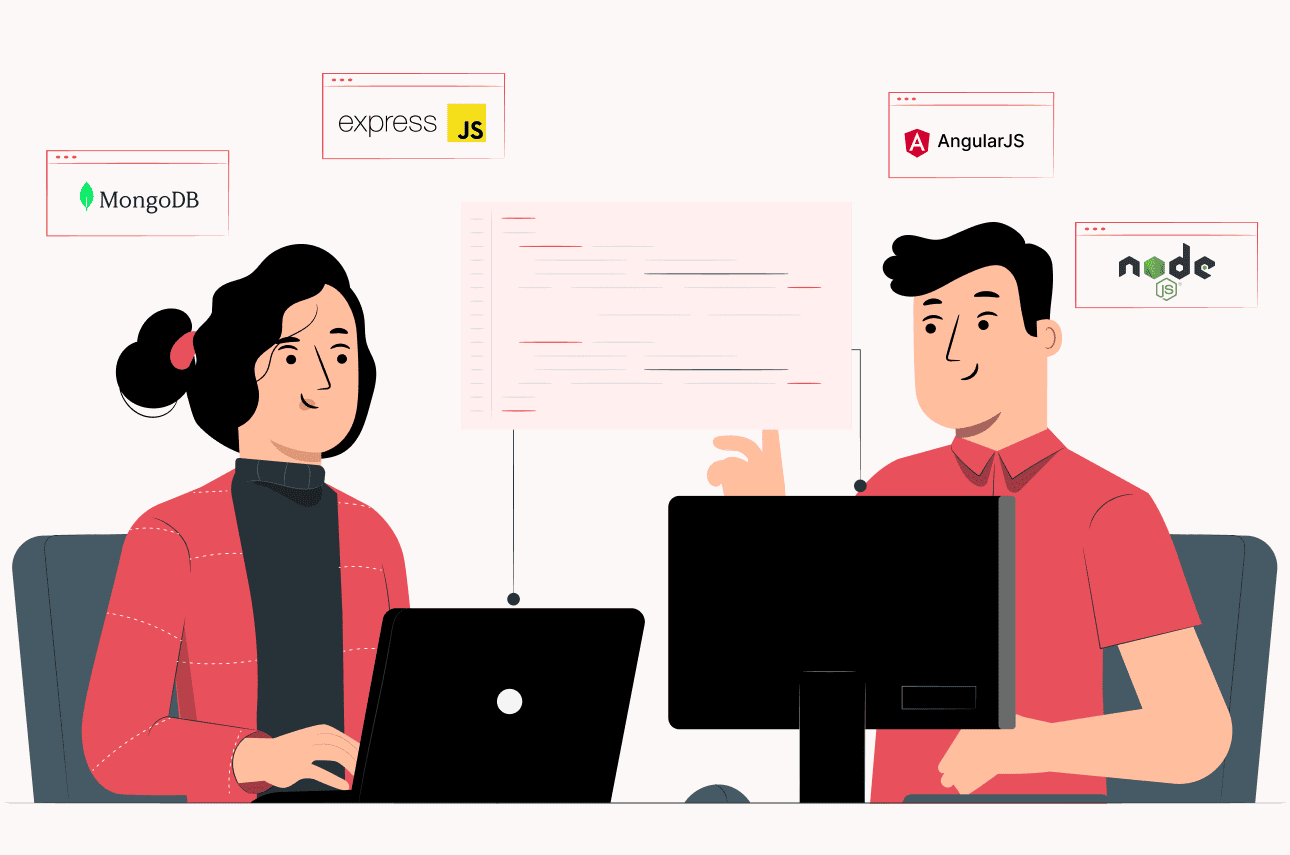Introduction
Are you aware of the key elements that contribute to the success of startups and established businesses? Allow me to provide you with the answer. Successful companies often possess a committed team, offer user-friendly products, implement suitable pricing structures, and consider various other factors. However, the most crucial determinant of an organization’s success lies in the cost-effectiveness and contemporary nature of the technology it employs.
In the present era, numerous technologies and advancements are emerging, bringing forth substantial benefits. However, effectively harnessing these technologies while maintaining cost efficiency remains a formidable task.
However, amidst various technological stacks available, MEAN stack development services stand out as the one that has greatly simplified developers’ lives, accelerating the Mean development process while ensuring it is more convenient, dependable, and economically viable.
In this article, we will explore the contributions that the MEAN stack web development brings to the table.






